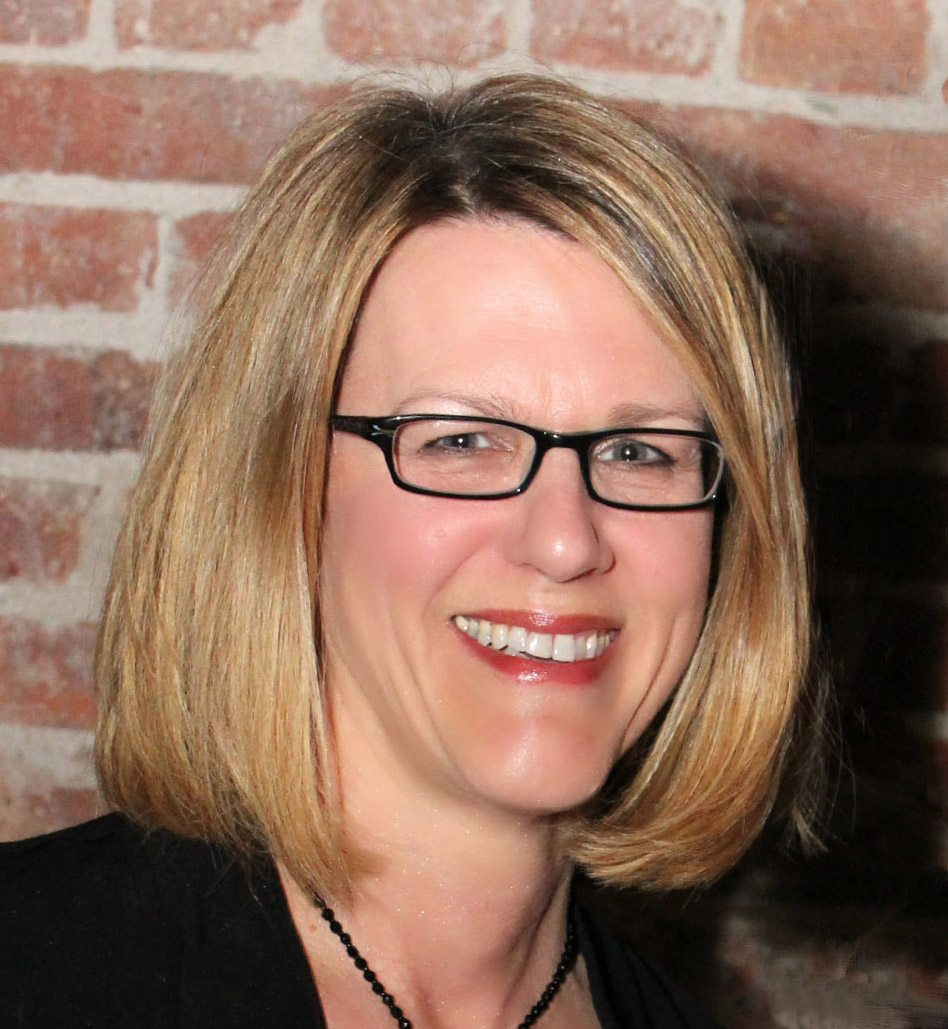
Jesslyn Brown of the USGS Earth Resources Observation and Science (EROS) Center in Sioux Falls, South Dakota will present the 2015 Steve Lavin Memorial seminar, "The Times (and the Pixels) They Are A-Changin'," April 10 at 2 p.m. in Hardin Hall, Room 163. The seminar is free and open to the public.
Imagery of the Earth's surface has become familiar and almost ubiquitous in the public eye. We can regularly see the Earth from vantage points way out in space all the way down to drones hovering several yards over our heads. Through advancements in the availability of data from Earth observing systems and online tools such as Google Earth or Zillow or even the Weather Channel, our individual and collective thinking about the world as we know it has changed. Access to data and information is expanding rapidly.
At the same time, we live in an era where the Earth's land cover, productivity and climate are changing as perhaps never seen before, leading some to call this time period the Anthropocene. This seminar will include a short history of remote sensing and personal observations on what it's like to live and work during this nexus of change and opportunity.
Brown is a geographer with the U.S. Geological Survey's Earth Resources Observation and Science (EROS) Center in Sioux Falls, South Dakota. She graduated from UNL in 1990 with a master's degree in geography.
With 25 years of experience in remote sensing applications research, her main interests involve improving our understanding of changes in terrestrial vegetation related to climate and other driving forces and advancing the use of remotely sensed imagery for applications including drought early warning, tracking vegetation phenology (i.e., seasonal dynamics), and mapping land cover and land use.
Brown was a member of the Global Land Cover Characteristics team that created the first map of global land cover at a 1 km resolution. Since 2001, she has led multiple projects mainly focused on developing tools to improve agricultural drought monitoring capabilities in the U.S., in a strong collaboration with UNL's National Drought Mitigation Center. She has also led recent efforts to investigate land use change since 2002 specifically focused on irrigated agriculture.
More details at: http://go.unl.edu/4wtj